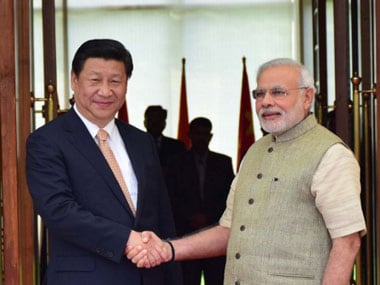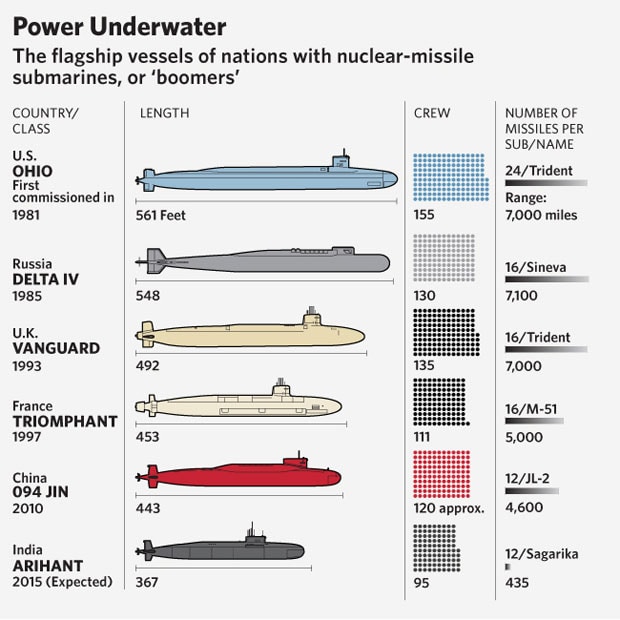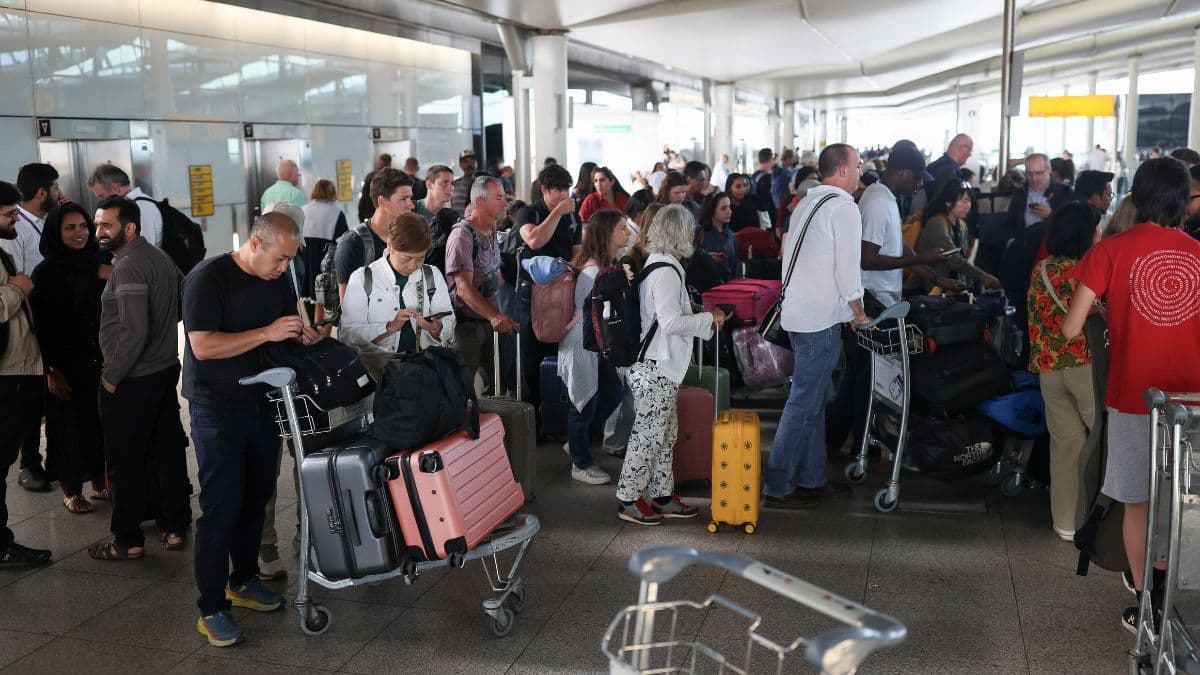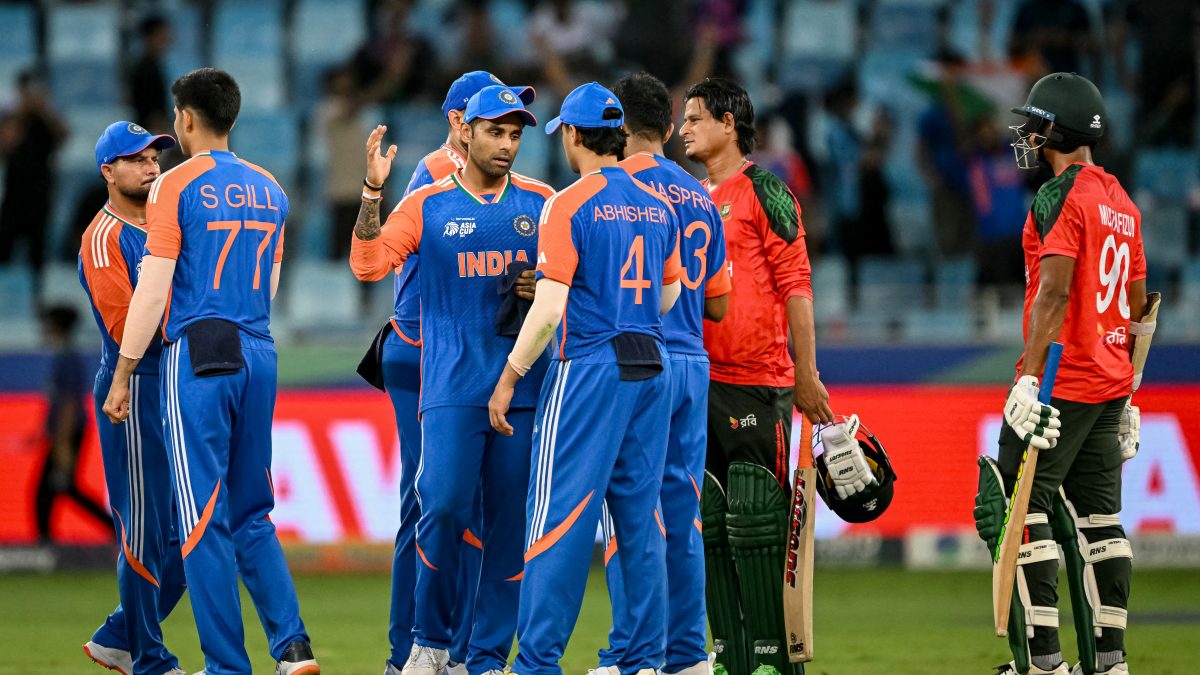Events in the recent past have made it clear that the Narendra Modi government is serious about India’s military and geopolitical ambitions. It is a truism that a blue-water navy that can project power over long distances is a necessity for any major power, especially one with global ambitions. Equally, it is clear that any power worth its salt has to deter other powers from doing things that would hurt its geopolitically.
In this context, Vietnam becomes significant for India for several reasons. It is clear that India’s most important enemy is China, which has embarked on a ‘string-of-pearls’ strategy to surround and contain India in a “South-Asia” ghetto of sorts (incidentally, the Chinese have been the most enthusiastic propagators of that meaningless term in an attempt to dilute India’s fairly good and historical brand, while they aggressively push the ‘Greater China’ brand, notably not an ‘East Asia’ brand.)
Vietnam is possibly the most potent of China’s neighbors in terms of military skills; at any rate it is the only one to have defeated China in battle recently. In 1979, China invaded Vietnam (coincidentally while India’s then foreign minister Atal Behari Vajpayee was visiting Beijing, in what amounted to a diplomatic slap in the face for India). But the battle-hardened Vietnamese were more than a match for the Chinese, who were forced to withdraw with a bloody nose.
Secondly, the Vietnamese are currently victimized by Chinese aggression in the South China Sea, which the Chinese consider their private lake, where they have deemed a vague “9-dash line” citing obscure old maps as the limit of their exclusive economic zone. In effect, they claim most of the sea, putting them in conflict with Vietnam, the Philippines, Taiwan (which has historical claims to some of the islands) and everybody else with interests there.
Impact Shorts
More ShortsThe aggression almost came to blows when the Chinese anchored a large oil rig in Vietnam’s territorial waters, that is, what that would legally be Vietnamese according to the UNCLOS (UN Conference on the Law of the Seas). A Vietnamese flotilla of fishing boats was met by Chinese naval vessels; although there were no deaths on the high seas, angry Vietnamese set fire to Chinese-owned (and some Taiwanese-owned) factories, and if I remember right, a few people were killed.
For some time, India has been in discussions with Vietnam about offshore oil fields, and in addition to threatening Vietnam, the Chinese saber-rattled against India as well and in effect ordered it to stop eyeing oil that was allegedly its. This is in keeping with China’s oft-proclaimed “peaceful rise”, a nice euphemism for bullying all and sundry and saber-rattling with abandon.
It was quite telling, therefore, that the Modi government chose the week that Chinese strongman Xi was in India to have the Indian President and Foreign Minister in Vietnam sign a slew of agreements on defense cooperation and oil exploration. Apparently what’s good for the goose is good for the gander, too.
Then there was the Vietnamese Prime Minister Nguyen Tan Dung’s visit to India this week. Narendra Modi welcomed him warmly, saying India’s defense cooperation with Vietnam is “among India’s most important”. Even discounting diplomatic-speak, this is literally true. An emerging ‘reverse string-of-pearls’ strategy by India, Vietnam, Japan, Australia, and Russia would have a significant containment and chilling effect on China’s global ambitions. Let us note the effusive warmth between Australia’s PM Tony Abbott and the Indian PM during the former’s visit in Septmeber; furthermore Modi is to visit Australia in November.
Modi has not been shy about China: in Japan, he condemned “expansionist policies” of un-named nations; in the US, he suggested it was a priority to “safeguard maritime security in the South China Sea”. The Vietnamese PM similarly sought “India’s support” in the South China Sea; he announced plans to acquire four offshore patrol vehicles from India, along with a $100m credit line for the same and for Indian military training.
For good measure, India’s ONGC Videsh Limited signed an agreement to explore two offshore blocks in the South China Sea (although these are not in waters claimed by the Chinese).
There are a couple of other things the blossoming Indo-Vietnamese military engagement should pursue. One is India possibly leasing some part of the giant Camh Ranh Bay naval base built by the Americans in the erstwhile South Vietnam, as part of its blue-water reach into the Straits of Malacca and points east.
The second, which could be even more significant, would involve Indian Navy getting facilities at the northern Vietnamese port of Haiphong. This is a major port, but what’s interesting it that it lies directly opposite China’s Hainan island (thanks to Naren Menon for pointing this out to me). Haiphong is only 400km from Sanya in Hainan ( see here), which has China’s top-secret pen for its nuclear submarines. Indian warships in the vicinity will give the PLAN some cause for concern.
China is extremely sensitive about Sanya and Hainan. It bristled over American overflights recently and is generally believed to consider it a major component of its offensive and defensive capability – the tip of its spear, if you will, according to a report from the US armed forces. India needs to be nervous about this as suggested by this paper.
Submarines as a component of a nuclear weapons triad have long been seen as a major deterrent, since they provide significant second-strike capacity promising retaliation if there is a nuclear attack on land. Thus the Chinese sensitivity over its nuclear-powered submarines (these can stay submerged and undetected much longer than diesel-powered ones) that are also armed with nuclear missiles.
A recent report in the Wall Street Journal provided a stark reminder that at the rate that China is building submarines, it will rapidly outstrip all competition in Asia. Thus it is a welcome move by the Modi government to overcome the defense deadlock that has prevailed for some time under the previous defense minister, a good man prone to do-nothingness as he was paralyzed by fear of scandals in procurement.
There were several moves, one being to build an 1800-km highway all along the Chinese-occupied Tibet (CoT) border (to which the Chinese, predictably, objected), and the decision to go ahead with building six new submarines in domestic shipyards. This is good news for the India Navy, which has seen its comparative advantage in the Indian Ocean and surrounding areas diminish in the last few decades.
The focus of world power is moving from the Atlantic Ocean to the Indo-Pacific, especially as the Africa-West Asia-India-Southeast Asia-East Asia region becomes the dynamo of global growth and trade going forward. In particular, a critical sea lane from the Straits of Hormuz to the Straits of Malacca carries the vast majority of global oil flows, which will continue for the foreseeable future. India, as the power right smack in the middle of that arc, needs to take proactive steps to ensure that it can police the area.
The submarines, and the deals with Vietnam, are a beginning in a potential Pax Indica in the Indian Ocean. But we better hurry, before it becomes a Pax Sinica.


)

)
)
)
)
)
)
)
)



